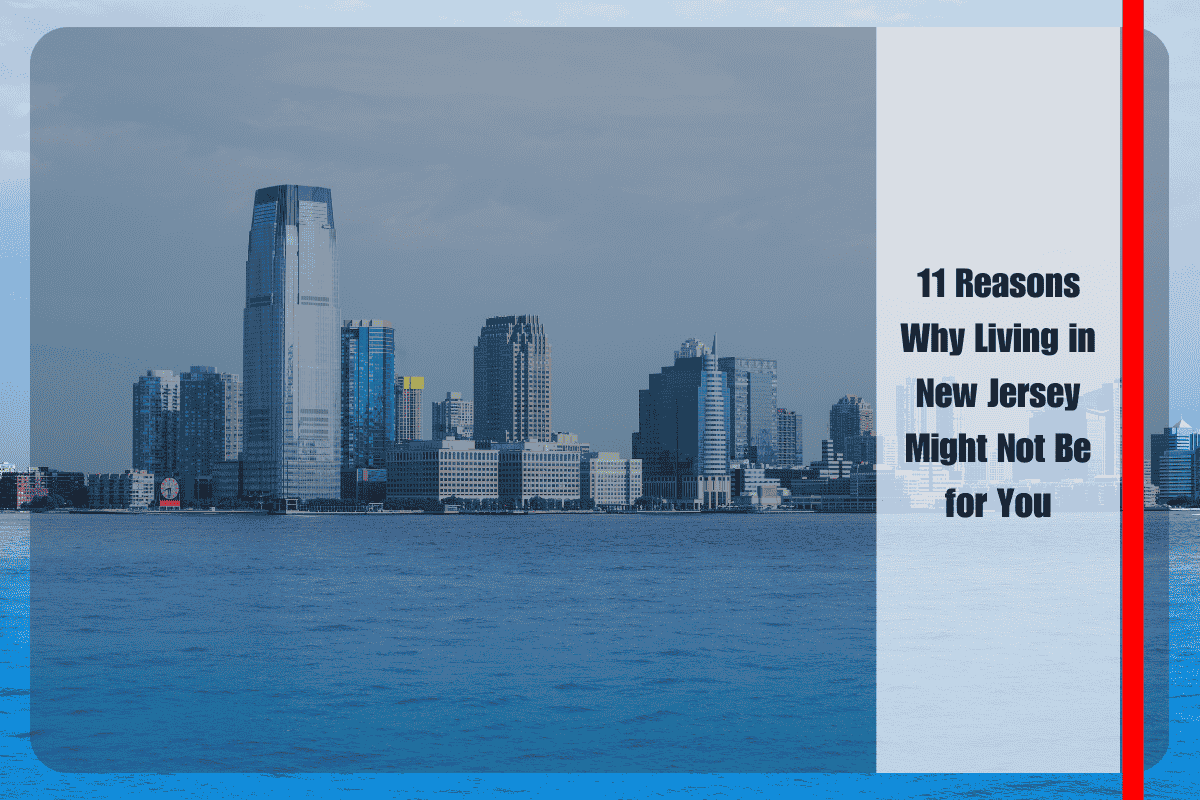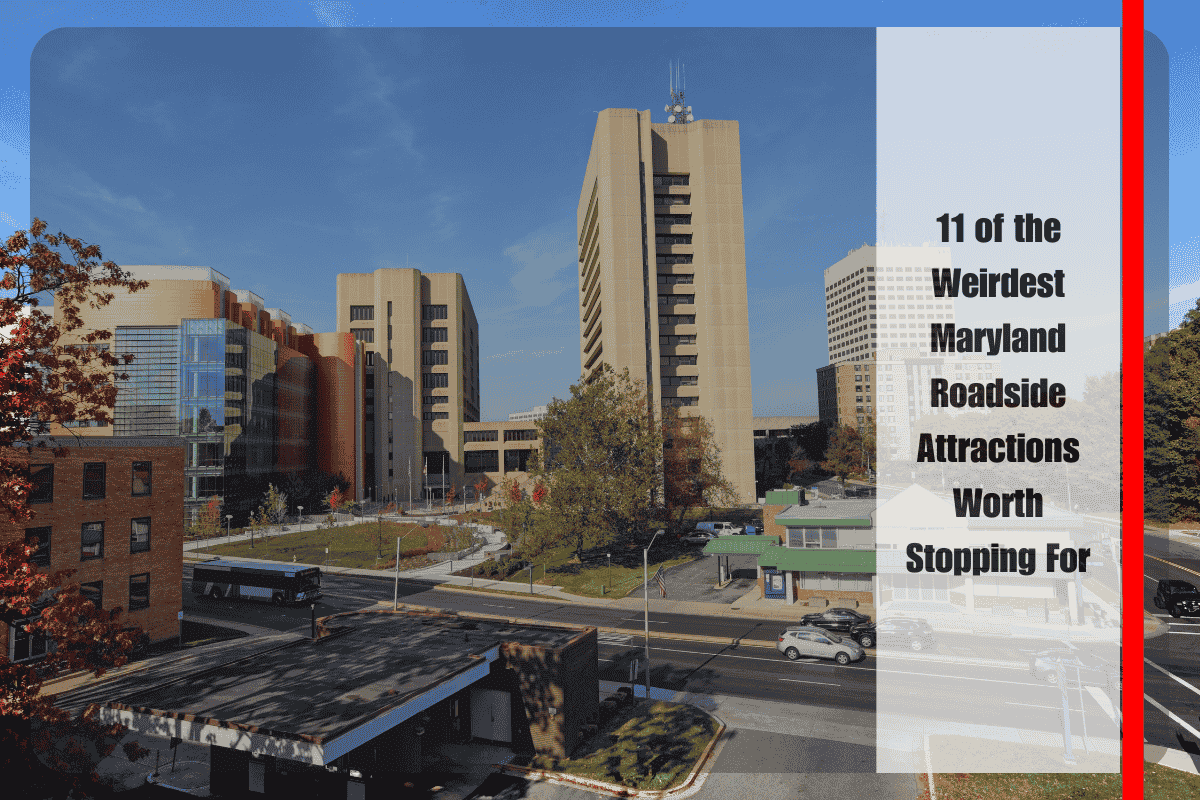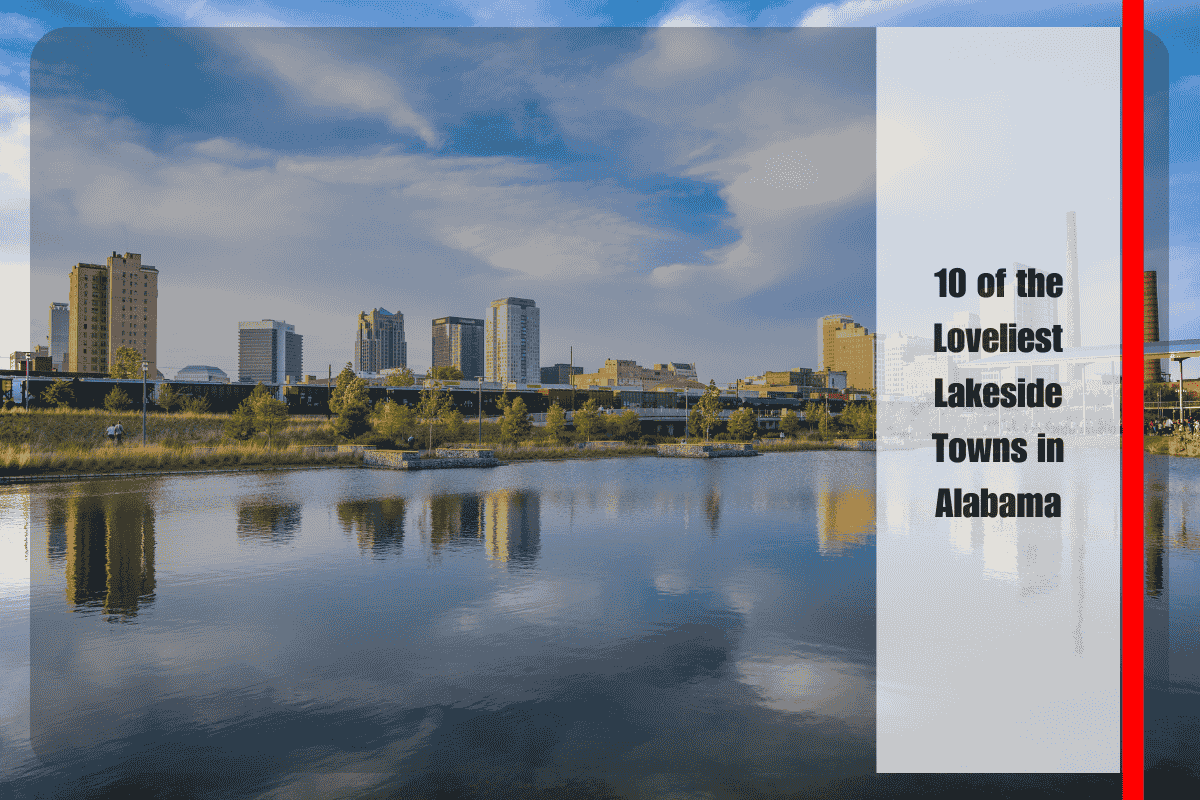Here are 11 reasons why living in New Jersey might not be for everyone in 2025, organized under clear headings:
High Cost of Living
New Jersey has one of the highest costs of living in the country, with housing, utilities, groceries, and everyday expenses significantly exceeding national averages. This puts pressure on families and individuals trying to maintain a comfortable lifestyle, especially in popular cities and shore areas.
Highest Property Taxes in the U.S.
The state leads the nation in property tax rates, which can be an overwhelming burden for homeowners. These high taxes contribute to the overall expense of living and can be especially challenging for retirees and those on fixed incomes.
Traffic Congestion and Commute Times
Residents often face heavy traffic congestion, particularly when commuting to New York City or Philadelphia. Major highways like the Garden State Parkway are frequently jammed, leading to long, frustrating daily commutes that reduce quality of life.
High State Income Taxes
New Jersey imposes some of the highest income tax rates in the country, especially for upper-income brackets, which diminishes take-home pay significantly. This is a factor to consider for professionals and families looking to maximize earnings.
Overcrowded Public Transportation
Though expansive, New Jersey’s public transportation can become crowded and unreliable during peak hours, causing discomfort and delays for daily commuters relying on trains and buses for work or school.
Extreme Seasonal Weather
New Jersey experiences hot, humid summers with frequent heat waves and harsh winters with heavy snowfalls, which can make outdoor activities difficult and increase living expenses during peak seasons.
Pollution and Environmental Challenges
Certain urban and industrial areas have poor air and water quality, impacting residents’ health. Environmental issues such as smog and coastal flooding affect parts of the state more severely, diminishing overall livability in those regions.
Crowded Living Conditions
As the most densely populated state, New Jersey’s urban centers often suffer from noise, traffic, and limited personal space, which can be stressful for those accustomed to quieter or more spacious living environments.
Expensive and Competitive Housing Market
High demand and limited supply drive up home prices and rental costs, making it tough for first-time buyers and renters to find affordable options, especially near metropolitan areas.
High Tolls and Travel Costs
Traveling via major highways and bridges can be expensive due to high tolls, adding ongoing costs for commuters who frequently use these routes.
Safety Concerns in Certain Cities
Some cities, including Camden and Newark, experience higher crime rates that may affect residents’ sense of security and quality of life, leading some to avoid urban centers altogether.
While New Jersey offers many benefits, these challenges highlight why it might not be an ideal place for everyone to live in 2025.
Sources
(https://homeia.com/city-living-guide/the-pros-and-cons-of-living-in-new-jersey/)
(https://www.sroa.com/blog/local-guides/pros-and-cons-of-living-in-new-jersey)
(https://thehonestlocal.com/pros-cons-living-new-jersey-moving/)
(https://www.redfin.com/blog/pros-and-cons-of-living-in-new-jersey/)
(https://www.newjerseylivinggroup.com/blog/2025/5/24/the-great-new-jersey-exodus-why-the-garden-state-is-losing-its-grip-on-residents-in-2025)












